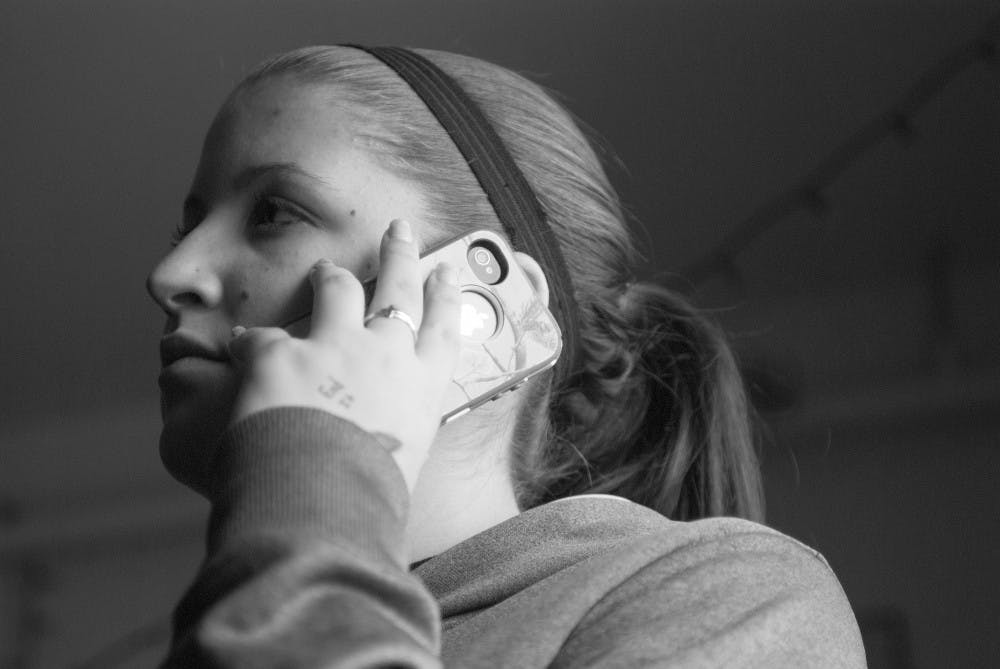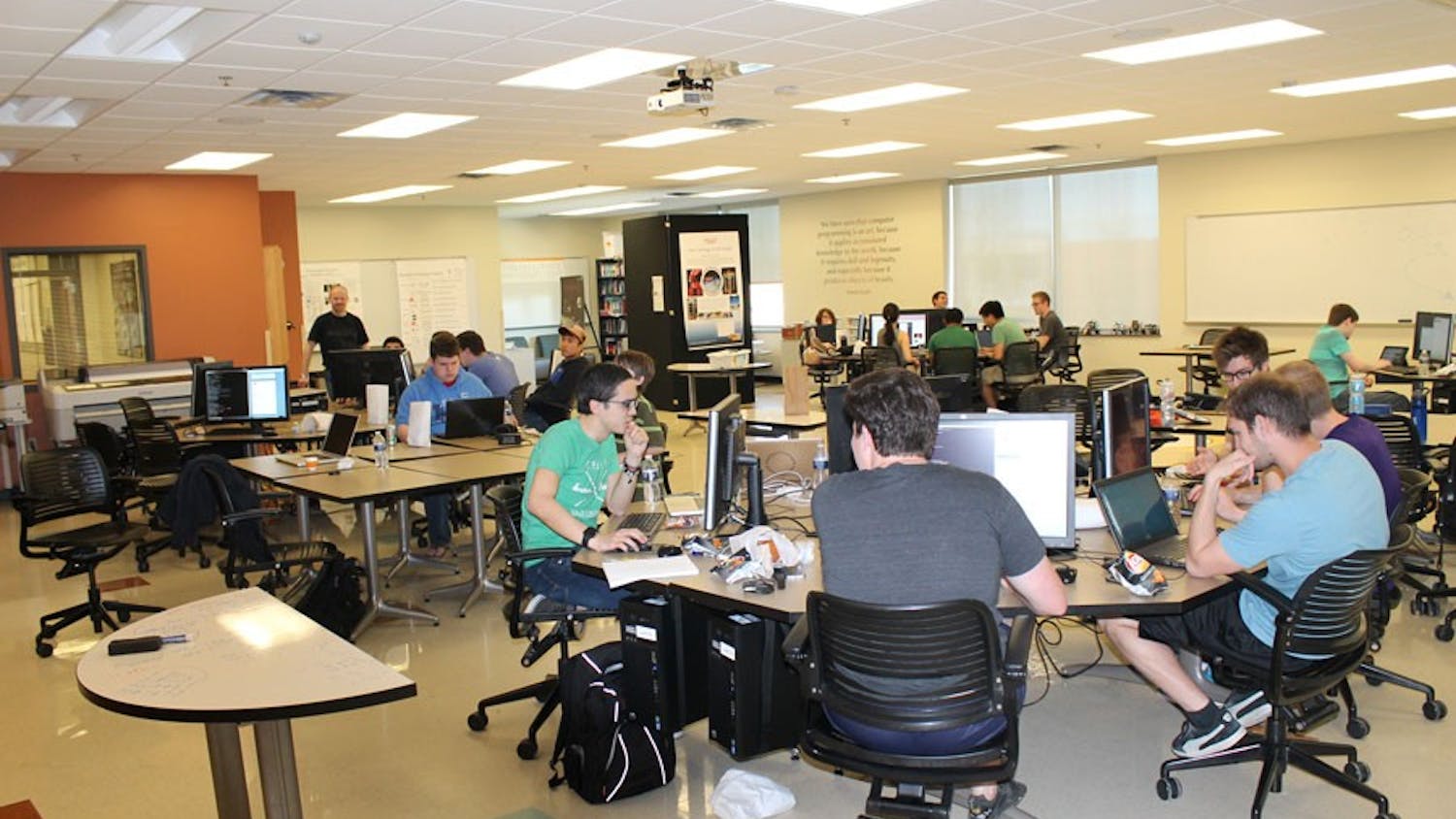By Alex Mellen | Echo
Privacy. It's an issue with almost as many facets and implications as there are phone numbers in the National Security Agency's (NSA's) database.
How does the NSA have all this information? That's a complicated story.
As far back as 2006, USA Today reported that the government was collecting Americans' call records. But the past eight months have been filled with one revelation after another, thanks to former NSA contractor Edward Snowden.
In June 2013, Snowden released thousands of top secret documents to reporters at the Guardian and soon after unveiled his identity to the world while hiding in China. He later flew to Russia, where he remains there to avoid extradition to the U.S.
This started a wave of investigation into government surveillance programs-a wave that has created a ripple effect of questions about the privacy of U.S. citizens. From forcing Verizon to give up its data to collecting Gmail and Facebook inbox data, it's hard to know what's relevant.
ProPublica listed four of the major areas where the NSA is collecting data: across-the-board phone data, limited email content, Internet activity and small numbers of entire phone calls.
Of these, the phone records involve the most U.S. citizens. But the government and the NSA don't actually know what people are calling each other about. They simply ask telecommunications companies for metadata.
"Our mobile phones give off a lot of information, for example, about where we are . . . location data, data in terms of what number are you calling or receiving a call from and the duration of that call," said Tony Manganello, a former Secret Service agent and current director of the Taylor Fund.
Just because the government collects this metadata doesn't mean they're involved in "big brother" style observation of the everyday, according to Manganello.
"Unless there's a legitimate reason to search for your data, they're not going to," Manganello said. Law enforcement can request to search specific data related to a suspected terrorist.
Even if no one sees the average American's records, the gathering of them-and the exposing of that gathering-has consequences.
An article in the University of Massachusetts' Daily Collegian found that when people know someone is watching them, they behave differently. It's a natural instinct that can even be triggered subconsciously. When a sign with an eye was posted next to a communal coffee station, more donations were left than when the sign bore a picture of a flower.
"When we are watched while engaging in intellectual activities, broadly defined-thinking, reading, web-surfing or private communications-we are deterred from engaging in thoughts or deeds that others might find deviant," said researcher Neil M. Richards.
On the practical side of things, students have a variety of opinions about the issue.
"It's important to take care of your citizens, but (surveillance) also encroaches on our . . . liberties," said freshman Kaitlin Bugno. "I think what (Snowden) was trying to do was to become a hero, exposing the government. But I think that it was a terrible thing that he did. I think it is a breach of security. . . ."
Some aren't sure what to think.
"If it's national security, I think it's OK," said sophomore Ryan Avery. "(Who) am I to judge national security? It's very fuzzy, (a) very gray area. I don't think there's really a right answer or a wrong answer."
"The further that the government reaches, the more possibility there is for abuse," Manganello said. "Students and citizens alike need to say, 'Do we trust the government to do this?'"





